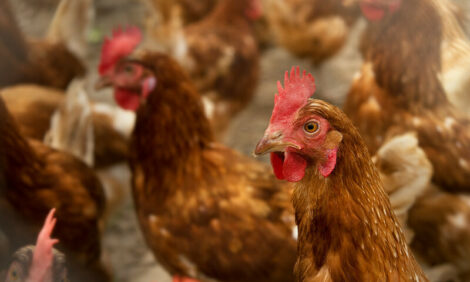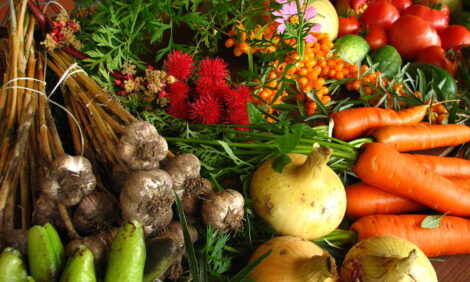



NDRC Expects Food Prices to Stabilise
CHINA - China's consumer prices are likely to remain high in the second quarter of this year, but food prices, the main driver of the country's inflation, are predicted to stabilize, said a senior official from the National Development and Reform Commission (NDRC).Soaring prices for commodities in the international markets, including crude oil, iron ore, and grains, may continue to fuel the nation's inflation in the second quarter, said Zhou Wangjun, deputy head of the pricing department of the NDRC, the country's top economic planner.
"Food prices tended to be stable and some even declined in March, signaling the government's measures to rein in prices have taken effect," Mr Zhou said.
The nation's consumer price index (CPI), the main gauge of inflation, climbed to a 32-month high of 5.4 per cent in March, according to data from the National Bureau of Statistics (NBS).
Food prices, which account for about 30 per cent of the CPI basket, increased by 11 per cent in March from a year earlier, the same amount as the year-on-year rise in the first two months of this year, indicating a stabilizing trend, the NBS said.
The Chinese government has made stabilizing prices a key task in the first year of the 12th Five-Year Plan (2011-2015). The authorities have stepped up efforts to postpone price rises of utilities, increased support for grain producers and took administrative measures to control prices.
In March, vegetable prices fell by 6.2 per cent, egg prices by 7 per cent, and the price of aquatic products by 2.3 per cent, compared with a year ago, according to Zhou.
He said that industrial products in China are oversupplied, and food supply can "completely" satisfy consumers' demand. "The Chinese government has the ability to curb inflation," Mr Zhou said.
Zhu Hongren, chief engineer of the Ministry of Industry and Information Technology (MIIT), said on Wednesday that other than food prices, surging international raw-material prices are adding to the pressure of imported inflation in China, and this has been boosted by the quantitative easing policy in some major developed economies.
A report from the Chinese Academy of Social Sciences (CASS) said on Monday that the country's total grain output may increase to 550 million tons this year, from 546.41 million tons in 2010.
The output of oil seeds may increase by 2 per cent to more than 33 million tons in 2011 from a year earlier, and the output of meat is likely to grow by 3.5 per cent to at least 82 million tons, helping to counter food price increases this year, the CASS report said.
According to an NBS survey of more than 70,000 rural households, the planting area for grain was predicted to be 110.28 million hectares, 400,000 hectares more than that in 2010, the bureau said.
In the first three months of this year, the total output of pork, beef, mutton and poultry increased by 1.8 per cent year-on-year to 21.42 million tons, according to the data from the NBS released on 15 April.











